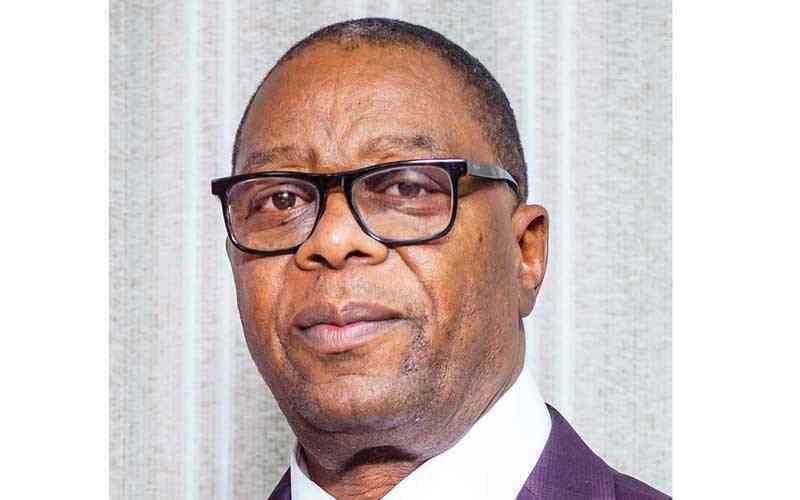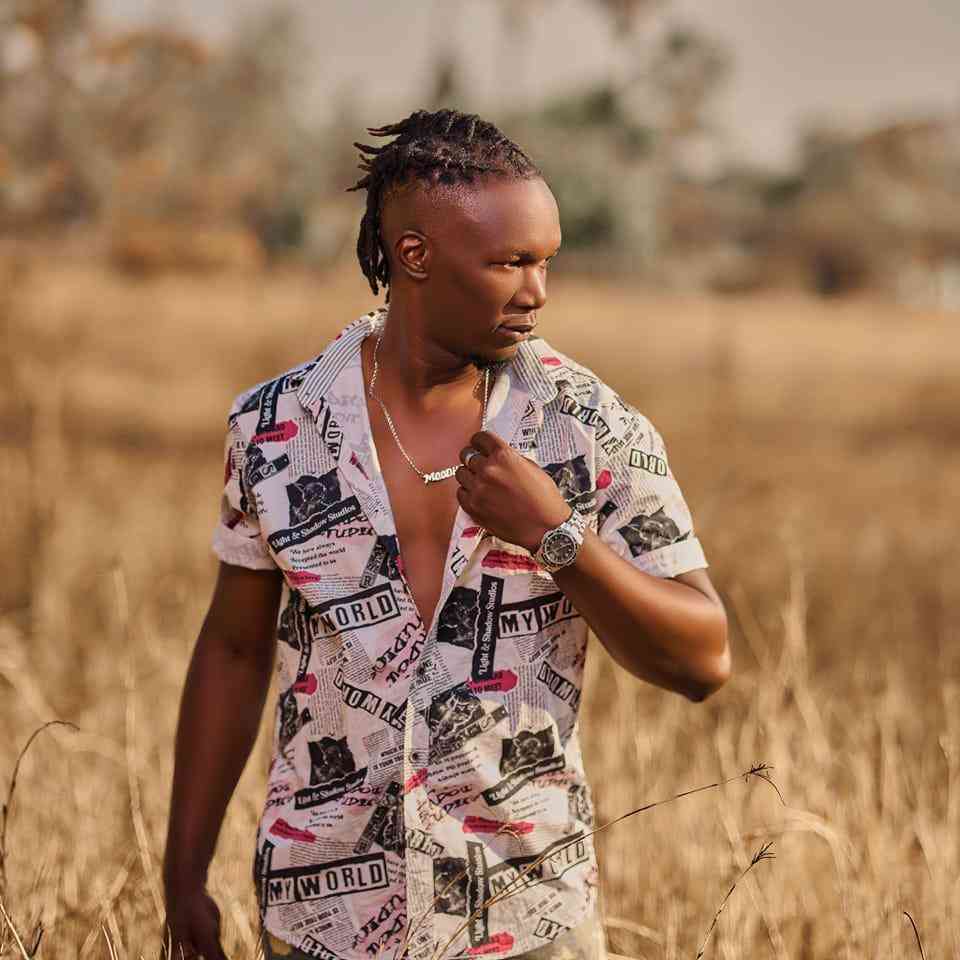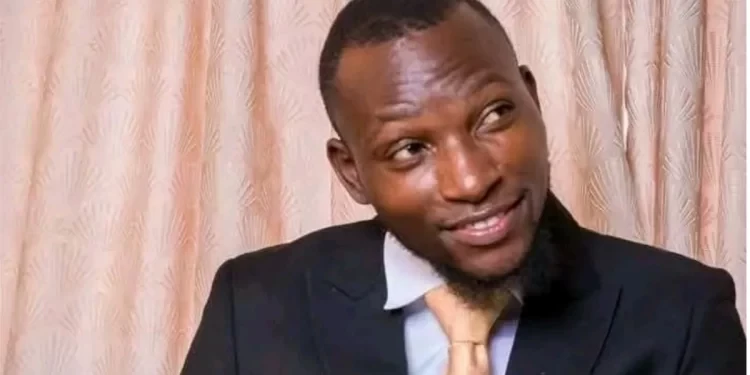
The Zimbabwe crisis has not merely been a ruthless struggle for wealth and power.
By Bookworm
It has also been an ideological combat, partly powered by and partly reflected in ideas. It is these peculiarities pointed out by the late historian Terence Ranger that have made the position and function of the Zimbabwean writer and intellectual more essential.
However, the nonchalance of our writers has been intriguing and given rise to a sycophantic media and pseudo-intellectualism that is shallow and blasé.
There is a deliberate mission to create an atmosphere, which destroys creative and critical thinking. Our society as presently structured and designed has built mechanisms not only to discourage creative and critical thinking, but also to destroy them completely. I was prompted to reflect on this after a friend sent me a hatchet book review of Christopher Mlalazi’s Dancing with Life in The Patriot.
The Patriot does nothing but focus on damaging the personal reputations of authors through innuendo and speculation. Every writer must sing praises to Robert Mugabe and Zanu PF or they are an “agent of regime change” sponsored by the West.
This politicisation of writers creates a hostile climate not conducive for literary production. Beneath these careless pronouncements are undercurrents of victimisation and censorship. In other words, one has to be Zanu PF to write and imagine about Zimbabwe.
The tragedy for Zimbabwean writers is that they have to write and live with this terror and intimidation in an environment that provides no institutional support of any form – an ineffective writers’ community, a dysfunctional book fair, mass closure of bookshops, decaying university system, absence of serious academic and literary journals, and lack of highbrow journalism.
- Chamisa under fire over US$120K donation
- Mavhunga puts DeMbare into Chibuku quarterfinals
- Pension funds bet on Cabora Bassa oilfields
- Councils defy govt fire tender directive
Keep Reading
However, The Patriot is not necessarily the problem. The infrastructure for intellectual and literary production and dialogue in Zimbabwe is in shambles or non-existent. And we are all complicit in this tragedy.
We have allowed our media, our universities, and our culture to be used by self-serving politicians to spread propaganda as news, information or entertainment. As Dambudzo Marechera puts it, when politicians start talking about culture, you better run.
And fast.Instead of building, we have been busy destroying any mechanisms of criticism and self-criticism we may have had as Stanley Nyamfukudza’s brilliant essay, ‘To skin a skunk: some observations on Zimbabwe’s intellectual development’ effectively outlines.
He writes: “I believe the syndrome explains many factors in the context of any current discourse about matters Zimbabwean. At present it operates by way of raising a selection of emotive ideas to the status of sacred cows; ideas of national unity, of sovereignty, of the sacrifices of liberation, and of patriotism and racial solidarity.
It then requires monopoly control of the means of communication to exclude any scrutiny of the detail or veracity of the ensuing arguments. It is a pervasive syndrome, which I believe to be the lost chord required to harmonise a lot of disingenuous explanations and accounts of so many events that are discordant with the truth.”
And because we have an intellectual vacuum, publications such as The Patriot are creating a separatist discourse between “patriots” and “expatriots.” There is no appetite for and capacity to dialogue and disagree.
Of course, the hostility and fascination of Zimbabwe by external journalists, writers and scholars is real but only because we have enabled them to overshadow us while we are busy with our cheap, one-dimensional journalism and scholarship that is shallow and lacking in depth. It is no exaggeration but the polarisation in our politics has become toxic and corrosive to our national psychology.
The Patriot’s dislike of amaBooks and Weaver Press is palpable. Both publishing firms are seen as “evil” by virtue of them being run by white Zimbabweans. If for a moment we are going to use the The Patriot hypothesis, then surely all of Zimbabwean literature published after independence in 1980 should be dismissed as Western propaganda with no exception.
Phyllis Johnson and her late husband David Martin started Zimbabwe Publishing House and the Zimbabwe International Book Fair. Irene Staunton and Hugh Lewin were the creative forces behind Baobab Books. And these three institutions were the bulwark of early post-independence Zimbabwean literature. Should we therefore diminish the individual genius of Charles Mungoshi, Shimmer Chinodya, Kristina Rungano, Barbara Makhalisa, Stanley Nyamfukudza, Chenjerai Hove simply because they were published by whites?
The Patriot goes on to exaggerate facts to bolster their fictive literary analysis. They claim that amaBooks and Weaver Press “not only fatten the purse of the writer, but also give international recognition for published works.”
Firstly, they need to talk to writers about the actual income they generate from their books rather than make baseless assumptions. One day while sitting at the Book Café, a writer friend walked in looking dejected, and showed me her annual royalty cheque for US$25 from sales of her books the previous year. Who is buying books in Zimbabwe?
Secondly, a book cannot succeed internationally if it is not good enough. If it were that easy, we wouldn’t be asking: where are Zimbabwe’s young writers? Global publishing is a cutthroat billion-dollar industry.
I do not wish away The Patriot. They should not claim any moral authority while standing on the mountaintop of self proclaimed righteousness when they could be engaging and constructing a meaningful dialogue.
An atmosphere that promotes creative thinking and critical analysis is priceless and good for the health of our society. Zimbabwe is sick and literature can save it.










